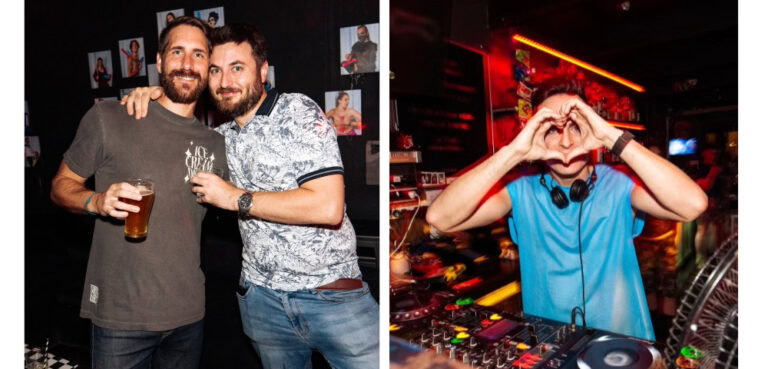
Dead Man opera bristles with power
Last week’s Australian premiere of Jake Heggie’s opera Dead Man Walking at Adelaide’s Festival Theatre was an engrossing and emotional musical journey that justifiably evoked a standing ovation from the opening night audience. Heggie’s first opera is an extraordinary achievement in spite of some major flaws.
The score is a celebratory pastiche of classically American sounds with a romantic modernist edge. Bernstein, Sondheim, the blues, rock and spirituals are all in the mix but the opera rises above its references with moments of striking originality.
Although a little slow to begin, the work is well structured and certainly carries its audience through the transformative journey of death row inmate Joseph de Rocher and his reluctant spiritual adviser Sister Helen Prejean.
On the night the stage undoubtedly belonged to Teddy Tahu Rhodes as de Rocher. His rich lyrical baritone was matched by a captivating stage presence bristling with power and rage.
Kirsti Harms’s Sister Helen did less well but that was not entirely her fault. Musically she has the more difficult part. Rhodes’s de Rocher gets  rhythmical, brooding music that resonates with the strong yet sorrowful echo of the blues and spirituals. Harms, although technically spot on, struggled to imbue Sister Helen’s much more mundane, often recitative-style musical line with enough emotional colour to make her completely convincing.
Heggie’s music may establish a striking difference between the two major characters but it is really Terrence McNally’s libretto that lets Sister Helen down. Structurally the opera focuses on the nun’s struggle to come to terms with her role and her guilt at being torn between de Rocher and the parents of his victims. But McNally’s religiously clich?libretto leaves her a fragile cipher of a character far from either the gutsy Susan Sarandon film portrayal or the real Prejean as she comes across in interviews.
Sister Helen’s final unaccompanied reprise of He Will Gather Us Around, although striking, is a mistake after the heart-stopping power of the death scene accompanied only by the mechanical beeps of the lethal injection machine. This is indicative of the easy sentimentality that is never too far from the surface.
The minimal, multi-use, multistorey set and the use of scrims and lighting to adjust environment and mood was very effective as were the simple scene transitions.
John de Main and the Adelaide Symphony Orchestra shone with their rendition of Heggie’s beautiful, often delicate orchestration producing an entrancing sound in the crisp acoustic of Adelaide’s Festival Theatre.
The South Australian Opera can feel justly very proud for being the first company outside of America to produce this work. Ultimately it is less of a risk than it may have seemed because in spite of its shortcomings the work is indeed compelling.
Dead Man Walking has two more Australian performances at the Adelaide Festival Theatre on 15 and 16 August.
Marcus O’Donnell attended Dead Man Walking as a guest of the South Australian Tourism Commission and Opera SA.









